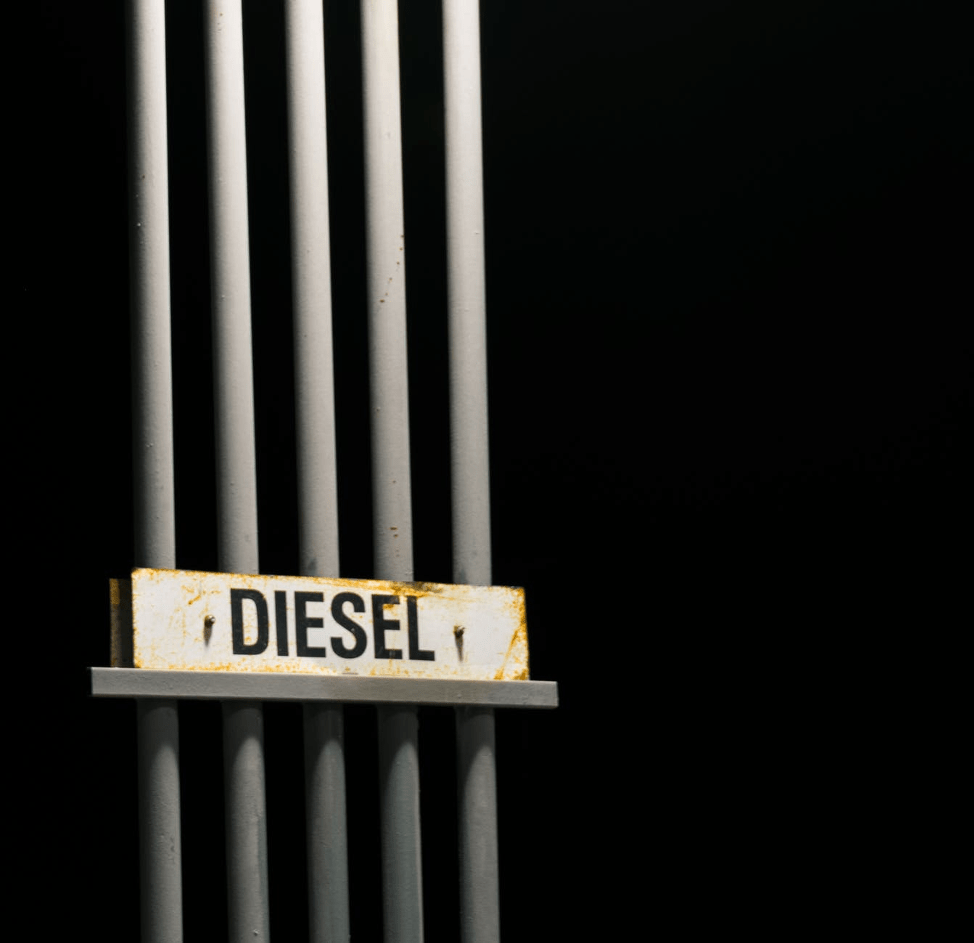
The process is not formal or cast in stone. You can go back and forth about it, but eventually, you have to follow the logical order. For example, you need to know why you are buying the generator before you start window-shopping. Therefore, the first question that you should ask is whether you need a generator. Once you have decided on that question, you also need to decide what type of generator you need. Beyond knowing what you want in a generator, you will need to make several decisions about the generator that you eventually acquire. This blog is a guide on how to make the buying decision smooth.
Do you need a generator?
Anyone can answer this question to the affirmative. Saying you don’t need a generator is akin to saying that you can control nature. Emergencies are almost inevitable, and preparing yourself is crucial – especially if you have an all-electric home. Preparation ensures that you are not overwhelmed. So, which instances require a generator?
● Storms and emergencies
In times when hurricanes and other emergencies ravage your neighborhood, all power lines are disconnected to prevent electrical damage. Before the power is restored, your only hope is a back-up generator. Once you have decided that you want a generator that can power your appliances when there is a blackout, make a choice between a portable generator and a standby generator.
● Camping and outdoor entertainment
Are you heading out for a picnic or camping? Do you have an outdoor entertainment event for you and your friends? If you occasionally go out off the grid, you will need a generator to power your appliances, entertainment purposes, lighting, and such things. Packing light is imperative when you are on travel. So, you might need a small but powerful generator.
● Back up for events
Are you having a party? Do you want to be interrupted? If you are not sure whether blackouts will affect you or not, it is good to be safe than sorry. If the weather is erratic, you can expect electricity interruption. A back-up plan will be perfect.
● Jobsite
Do you work outdoors? If you do, getting electricity to power your construction and other types of machinery will require a powerful generator. You may also be interested in industrial generators that run industrial plants or other mechanical devices used to generate electricity for the national grid.
What do you need to know about generators?
Before you buy, you need to know a few things so that you can buy a generator that does the job.
● The level of wattage that you require
Every electronic appliance in the house has a wattage guide at the back. Your TV, music system, HVAC unit, fridge, oven, and all the electronics that you want to power in the house have this guide. The lighting system will not have a guide, but you can sum up the wattage for all the bulbs in the home or building, including security lights. Add up all the electronics in the list irrespective of whether they will be used concurrently or not.
You want a generator that can power all the appliances without failing you. If you have found the total to be 1000 watts, you cannot buy a 1000-watt generator. You will need to buy a bigger capacity, such as 1500 watts. Systems are inefficient, especially old ones, and they will consume more power than expected. So, give an allowance. Notice also that most appliances draw almost double the wattage when starting, and then they stabilize. So, you will need to provide it with a healthy range if you don’t want lights to start flickering once you turn on the dishwasher or any other appliance that needs starting watts.
Some people use average figures based on house size. Unfortunately, this is not a good measure. You might end up buying a generator that is too big. Some 2-bedroom houses will use about 5000 watts while others will consume up to 10,000. It all depends on the number of appliances that you want to connect. If you want to connect your furnace, air conditioner, freezer, sump pump, washing machine, dryer, oven, and dishwater, expect your wattage levels to go north of 10,000. If you use average figures, you will most certainly buy one that is close to 10,000. It does not hurt to do the maths manually or hire an expert installation company.
● The usage of the generator
If you are looking for an industrial generator, you need more than the technical information about wattage. You need to understand other system features, power surge, and other things that will determine the size, fuel type, output, operational efficiency, and time of operation. Machines that run continuously will require robust systems that are not prone to wear and mechanical failures.
For this type of generator, you will be more concerned about maintenance costs, fuel efficiency, and reliability. You may want to consider factory direct generators for sale and not e-commerce sellers for this one. Further, you may also want factor installation and set-up, scheduled maintenance, and guarantee for the same. You will not get such features when you are buying a small portable generator.
The Type Of Generator That You Need
There are several types of generators, depending on the functionality required:
● Power take-off (PTO) generators
They are improvised engines with an added alternator to make a generator. If you already have a large open engine such as that of a tractor, you can connect an alternator to it to make a power take-off generator. It is a popular option for people in rural areas because you can power them anywhere.
● Recreational vehicle generators
Campers, tailgaters, and outdoor fans will love this generator. It powers the entire camping experience from motorhomes to outdoor entertainment. These generators will be useful for all recreational activities.
● Portable generators
As the name suggests, they are easy to carry and to move around with whenever you are not connected to the grid. They are generally small compared to other generators. However, there are other semi-portable generators, which are heavy and big. Such big and portable generators often have come with wheel kits to aid in portability. Some also come with hook bars that you can use to hook up a pulley every time you want to load or unload it.
● Standby generators
A standby generator will be your go-to option if you don’t want to stay in blackout every time electricity is lost. They are generally pre-installed and automated to kick in once the power is lost. They also disconnect once electricity returns. For many years, only diesel engine generators were able to achieve the 10-second start-up requirement. Some natural gas engines are capable of achieving this feature.

The Budget That You Can Commit To This Buy
As noted above, though your home might require a 10,000-watt generator, you will need to fork out a substantial amount of money to buy that. So, irrespective of your needs, you still need to be pragmatic about what you can afford. If you also want specialized features such as a wheel kit or a larger fuel tank, you will need to spend more.
Whenever you are buying, strike a balance. For example, purchasing a generator that does not have a protective shield could be a mistake. Ensure that you are getting full functionality at any given time. Hybrid systems are also expensive because they are a little more efficient.
The Features That The Generator Has
Apart from features such as electric start, alternate fuel, fuel gauge, low-oil shutoff, and wheel, bigger generators will come with more features. Industrial level generators must-have features that help it function well in an industry set up. Therefore, you will want to think about the person using the generator before buying it. If it is someone who has little information about its workings, an electric start will be imperative. In addition, such a person will be better off with a diesel engine because diesel is easy to handle.
Specific generator considerations
● Fuel type and tank size
There are generally three fuel-type generators—diesel, gasoline, and cooking gas. The engines can be standalone fuel engines or bi-fuel engines. Bi-fuel engines are hybrids and can alternate between different types of fuel or combine more than one fuel for efficiency. The most common bi-fuel engines combine 25% diesel and 75% natural gas.
Diesel generators have their advantages. Diesel is safe to carry even in long distances and hot weather. It is less volatile compared to gasoline. Compared to gas, diesel engines also are more efficient in terms of fuel. Petrol engines typically work best for small and portable generators. They are also cleaner than diesel ones. Natural gas is cleaner than all the other three because it burns more efficiently.
● The brand
Some brands have a good reputation. Some are reputed for good engine quality, others fuel efficiency, others durability and longevity, and so on. The choice of the brand that you buy is also a factor. In addition, some brands have extensive coverage, trained and approved personnel, and dealerships near you. Such a brand will offer you confidence that an expert will service your generator.
Safety
Before you buy or use a generator, you must know all the safety precautions of using it.
● Always use the generator outdoors
Fuel inefficiency releases carbon monoxide into the air. If you use the generator in a confined place, the carbon monoxide levels can escalate to toxic levels. You will be at risk of death if you stay indoors with such a running generator.
If you are afraid of thieves, bad weather, or malicious people who can destroy the generator, build a safe shed for it, or install it in a secure place outside the house.
● Always observe the fuel level
The temptation to fuel the generator to the brim can turn tragic. Gasoline and diesel expansion under high temperatures can cause an explosion. Always observe the recommended fuel level. Do not exceed it. Also, always use a funnel whenever you are refilling your fuel. Being messy around the engine is not safe. Always turn the engine off whenever you are refueling. All fuels are flammable.
● Never connect the generator directly to the home wiring system
If you are connected to the grid, do not connect the generator directly. A back-up generator has an automatic transfer switch that prevents back feed.
● Keep the generator in pristine conditions
Keep it in a place where it is not gathering dust. Also, ensure that it is not directly exposed to precipitation and sun. Keeping it checked includes lubricating and oiling. Wiping it before storage is also a good idea.
● Observe proper operational guidelines
Keep it is a flat surface while in use away from mud and dirt. Also, ensure that the exhaust pipe has adequate free space. If it is confined to a tight space, it will overheat and fail. If you want to power a utility that will consume a lot of energy, you may have to disconnect other appliances to create room.
Whenever you think of buying a generator, start with the task. Commercial usage requires heavy-duty generators. If you are a camper, you have two options—an RV or a portable generator. Your options become simpler once you know exactly what you are looking for. When you go to the market, you will be looking for a generator that has the features that you have already enumerated. S feature list will include wattage, portability or handling features, fuel type, tank size, type of generator, and any other specific functionality.
Once you have that list, it will be easy to choose among brands, check pricing and terms, compare prices where necessary, and make an informed decision. Lastly, always think of safety precautions whenever you are buying. Buy a generator that you can care for with minimal resources. Do not buy a generator that will give you a hard time finding a technician to maintain or repair. Some sellers offer add-on products to the generator and you may want to take advantage of that offer.



